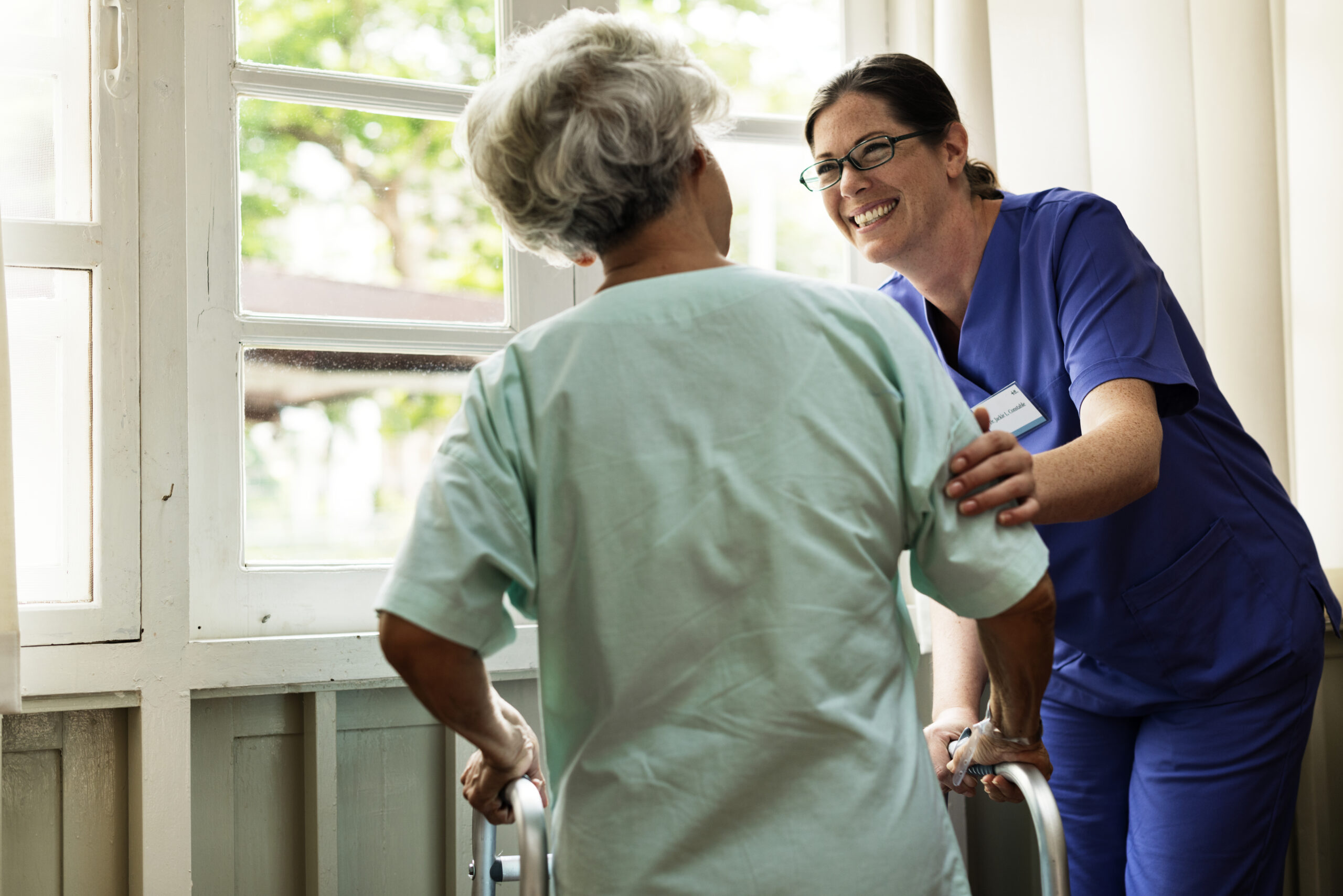Colon Cancer Screening in Thibodaux, LA
What Is a Colon Cancer Screening?
Colon cancer is the third most frequently diagnosed cancer. Fortunately, it’s also one of the most preventable. The colon and rectum form the large intestine, which absorbs water and nutrients from digested food and stores waste until it exits the body.
Colon cancer screenings involve examining the inner lining of the colon and rectum for polyps and cancerous growths, even in the absence of gastrointestinal symptoms. Polyps are noncancerous growths that can potentially turn into cancer. Early detection and removal of these growths can significantly reduce the risk of complications and death due to colon cancer.
The team of board-certified gastroenterologists at Digestive Health Center recommends that all individuals schedule regular colon cancer screenings beginning at age 45. To schedule your screening, contact our location in Thibodaux, LA today.

What Benefits Do Regular Colon Cancer Screenings Provide?
Routine colorectal cancer screenings are the foundation of any good gastrointestinal health plan. While there are various screening methods available, a colonoscopy remains the only preventive strategy. Benefits of regular colorectal screenings include:
- Potentially life-saving through early detection
- Early identification and removal of polyps
- Prevention of colon cancer development
- Diagnosis of other gastrointestinal conditions, such as inflammatory bowel disease
The symptoms of colon cancer often don’t manifest until the disease has progressed, making regular screenings essential for early intervention.
What Are the Available Colon Cancer Screening Methods?
Discuss with your GI doctor when to undergo screenings and which tests are suitable. The following tests are commonly used for colon cancer screening:
- Flexible Sigmoidoscopy: A thin tube with a camera, called a sigmoidoscope, is inserted into the rectum to view the rectum and lower colon. This procedure can also take biopsies and remove some polyps. For a complete examination, a colonoscopy is required. Risks include bowel tears, bleeding, and infection.
- Colonoscopy: A colonoscope, which is longer than a sigmoidoscope, examines the entire colon. The procedure requires sedation and allows for biopsy and polyp removal. Risks include bowel tears, bleeding, and infection. It is the only method for colorectal cancer prevention.
- Virtual Colonoscopy: This CT scan provides cross-sectional images of the colon. It is noninvasive and doesn’t require sedation. If abnormalities are detected, a colonoscopy is necessary for further action.
- Double-Contrast Barium Enema: A small tube is inserted into the rectum, and barium sulfate (along with air) is introduced into the colon. X-ray images reveal any abnormalities. If issues are found, a colonoscopy is needed for polyp or tumor removal.
- Fecal Tests: These tests analyze stool samples and are completely safe. Positive results suggest abnormalities, requiring a colonoscopy. Types of fecal tests include:
- Fecal Occult Blood Tests: Detect hidden blood through a chemical reaction.
- Fecal Immunochemical Tests: Identify blood through a specific immunochemical reaction.
- Stool DNA Tests: Detect abnormal DNA from cancerous or precancerous cells in the stool.
Which Factors Can Increase My Risk of Colon Cancer?
Several factors increase the risk of colon cancer, including:
- Age (with individuals age 45 and older having a higher risk)
- Genetic conditions, like familial adenomatous polyposis
- Previous diagnosis of colon cancer
- Prior history of breast, ovarian, or uterine cancer
- Family history of colon cancer
- Conditions like ulcerative colitis and Crohn’s disease
- Sedentary lifestyle, unhealthy diet, and smoking
Colon Cancer Screening FAQs
Why is having colon cancer screenings important?
Colorectal cancer commonly develops from irregular growths in the colon or rectum called polyps. With a colonoscopy, these premalignant growths can be extracted to help lower the risk of and potentially even prevent the development of colon cancer. Having regular screenings for colon cancer can also allow providers to diagnose cancer that has already developed. When colon or rectal cancer is found early on, it can be easier to address.
When should I begin having colon cancer screenings?
Patients who are at average risk for the disease should start having periodic screenings for colorectal cancer at age 45. People who have an increased risk may require screenings before this age. Your GI physician can help you determine when you should start having screenings for colorectal cancer.
How frequently should you have a screening for colon cancer?
The frequency with which people should undergo colon cancer screenings may depend on the test being performed. In general, people who are age 45 and over should undergo a colonoscopy every ten years when they are at average risk for colon cancer and experience normal colonoscopy results. Those with a significantly high risk should have colonoscopy screenings at least once every five years. Please consult your GI provider for more information on how often you should arrange for a colon cancer screening.
How should I prepare for a colorectal cancer screening?
The preparatory instructions for a colorectal cancer screening will be based on the type of screening you are having. When undergoing a colonoscopy, your GI team will provide specific preparatory instructions to clean out your bowel before your procedure. Your doctor may also provide additional instructions to follow for several days leading up to your screening. It is essential to comply with your gastroenterologist’s instructions to help ensure they can find any issues during your screening for colon cancer.

